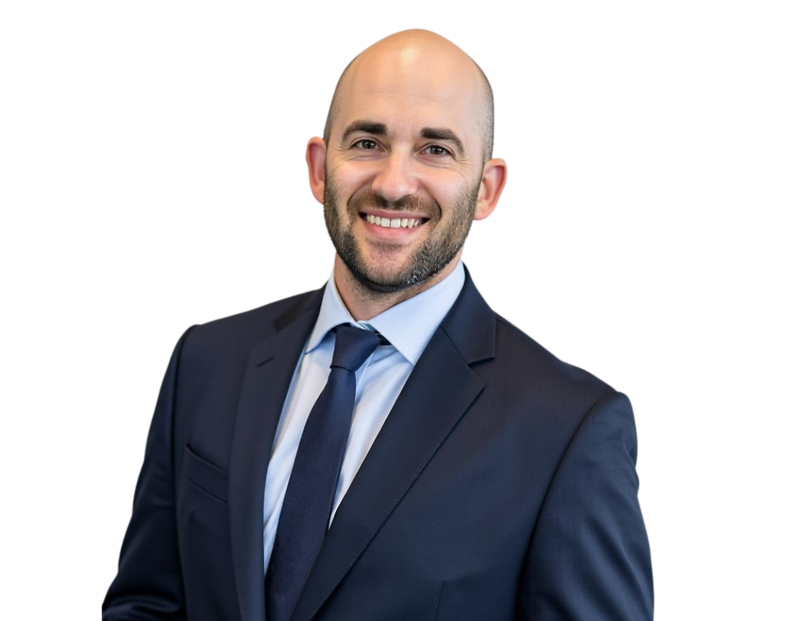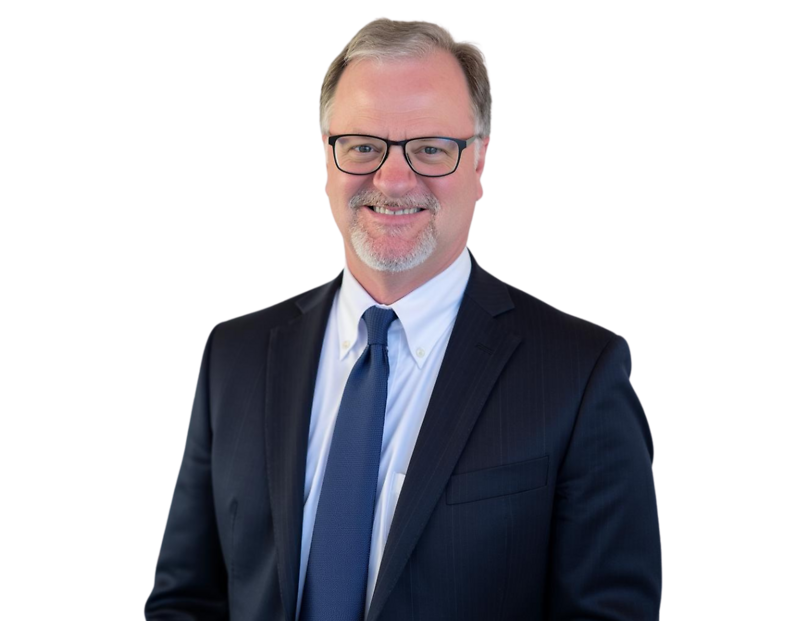Here are the specifics.
Previously, we gave you a sneak peek at the City of San Francisco’s Workers and Families First Paid Sick Leave Program, which is intended to combat the economic hardships to be faced by the City’s workers.

The City’s Office of Economic and Workforce Development has unveiled new details about this program, which will provide $10 million to reimburse San Francisco businesses for paying an additional week of sick leave to their employees.
The program is available to all San Francisco employers with full-time or part-time employees who work in San Francisco. It does not apply to remote employees. The City will reimburse employers $15.59 per hour (San Francisco’s minimum wage) for up to 40 hours of sick leave (maximum of $623 per employee) after all other sources of sick leave are exhausted, including what is offered by the employer and any state or federal programs or policies. The employer must pay the remaining cost if the employee’s wage is above $15.59 per hour. Employers with fewer than 50 employees are required to pay only up to $30 per hour. The program will provide up to $311,176 to a single business, the equivalent of covering 499 full-time employees. The program acts as a last resort, and requires employers to pay employees for their sick time and get reimbursed later.
The program is voluntary for San Francisco employers, and may be used only if employees have exhausted their available sick leave under the employer’s existing sick leave policy, any additional emergency sick leave policies offered by the employer, and all sick leave provided by applicable state and federal policies. Employers with 200-499 employees seeking reimbursement on or after April 1, 2020, must exhaust the additional 80 hours of paid sick leave mandated by federal Families First Coronavirus Response Act before seeking reimbursement from San Francisco. Employers may exhaust these additional 80 hours before or after getting pre-approval for this program. Additionally, to be reimbursed, the employer must be current on its business registration, regulatory licenses, and business tax obligations.

Before the employer can seek reimbursement from the program for paid time off that includes sick leave, the employee must first use existing PTO equal to the number of hours that he or she is entitled to accrue under the San Francisco Paid Sick Leave Ordinance. As a reminder, the sick leave ordinance entitles employees to one hour of paid sick leave for every 30 hours worked. Employers with 10 or more employees may cap the sick time balance at 72 hours. Employers with fewer than 10 employees may cap the sick leave balance at 48 hours. Alternatively, employers with fewer than 10 employees may also provide employees with 24 hours/three days up front and permit employees to accrue up to 40 hours of paid sick leave to comply with the ordinance.
The qualifying reasons for sick leave are expanded under the City Workers and Families First Program to address the pandemic and include the following:
- employee is sick (no doctor’s note required);
- employee is over 60 years old;
- employee is a vulnerable person (that is, has a health condition such as heart disease, lung disease, diabetes, kidney disease, or a weakened immune system);
- employee is self-quarantined to prevent spread;
- employee is caring for a sick or quarantined family member;
- employee is home because the employer is closed in response to a public official’s recommendation; or
- employee is caring for a child who is home because the school/daycare is closed in response to a public official’s recommendation.
The Pre-Approval Application is available here. Funding is on a first-come, first-served basis. Eligible and interested employers should obtain pre-approval to ensure that funds are available when they submit their claims for reimbursement. Twenty percent of the funds are reserved for small businesses (with fewer than 50 employees). Employers who have been accepted for the program retain discretion to determine which of their employees will receive the extra sick leave. Employers are not required to give all employees access to this program.
Employers will be reimbursed for the extra sick time paid to employees by submitting a reimbursement request within 90 days after being approved for funding. Employers seeking reimbursement should be prepared to provide documents evidencing that employees were paid for extra paid sick time (for example, electronic payment proof, pay stubs), and proof that the employer claimed the federal sick leave tax credit for COVID-19 (only for employers with 200-499 employees). Reimbursement requests may be made on a rolling basis. Employers will be reimbursed within two or three weeks of application approval. This program permits employers to seek reimbursement for employee sick leave taken since March 16, 2020. Employers should maintain records to show that funds under this program were used appropriately.
The current guidance leaves a few questions unresolved.
First, if employers must apply for reimbursement within 90 days of being approved for the program, does the program effectively run in three-month increments? Can an employer reapply for the program after 90 days?
Second, when applying for the program, are employers expected to identify or anticipate which employees will use the additional paid sick leave?
Third, there are additional implied restrictions on businesses with 200-499 employees because of the requirement to use the 80 hours of additional sick leave required under the Families First Coronavirus Response Act. Could those employers fail to get reimbursed if the funding is exhausted while the employer is waiting to be reimbursed?
Program details are available here:
- Employers Step by Step Guide to the Workers and Families First Program
- Workers and Families First FAQ
- Office of Economic and Workforce Development COVID-19 Headlines
Details of this program are still being released by the City of San Francisco. We will continue to provide updates as more information becomes available.
California employment laws keep employers up at night, wondering what is coming next. There always seems to be something. From new statutes to new regulations to new court decisions, we will keep you up to date on developments in the areas of wage and hour, discrimination, leaves of absence, retaliation, class actions, PAGA, and arbitration. We’ll also provide you with practical information on how to update your policies and employment practices.


















